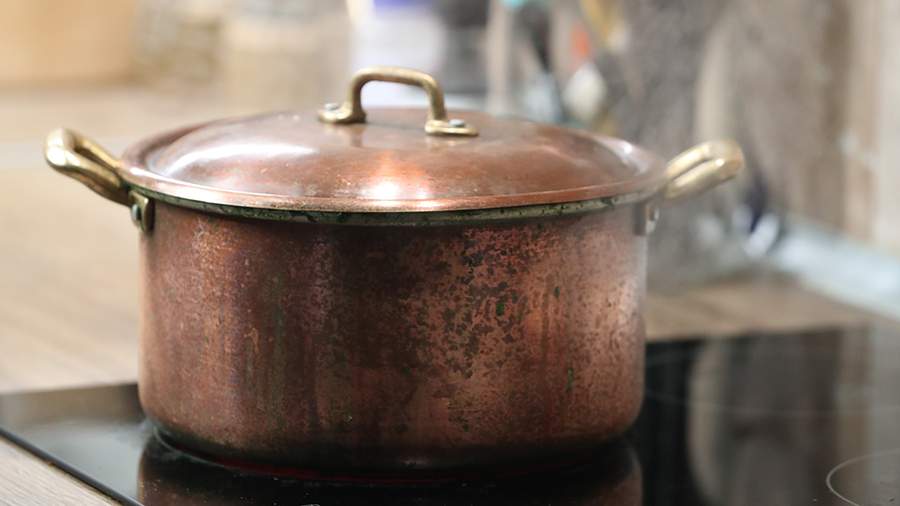Gastroenterologist told about useful and harmful soups

People of the older generation often talk about the benefits of soups. It is believed that they should be eaten daily in order to maintain the health of the GI tract. Gastroenterologist Ekaterina Kashukh, an expert at the Hemotest laboratory, explained to Izvestia on November 23 which soups are useful and which ones should not be eaten often, and also told what to do for those who do not like broths and borscht.
Almost every nation has a traditional soup, the recipe of which has been handed down from generation to generation since ancient times. And this is not by chance: rich liquid dishes of vegetables, legumes, meat or fish are well digested and give a prolonged feeling of satiety, the expert explained.
"One of the main advantages of soup is that it is well digested. Vegetable fiber, vegetable and animal proteins are softened and the nutrients from them are absorbed more quickly in the digestive tract. Unlike raw vegetables, the ingredients of soups practically do not cause abdominal bloating. It is no coincidence that when recovering from an illness, doctors recommend the use of low-fat broths or soups," - said the doctor.
In addition, soups retain more vitamins and minerals. Even if they are washed out of the food during cooking, they still remain in the broth, added the gastroenterologist.
More often than not, soup contains a sufficient amount of liquid and fiber. According to Kaschuh, this combination allows you to cheat your body a little bit, prolonging the feeling of satiety. The liquid helps fill the stomach's volume, and the fiber slows the rate at which glucose enters the bloodstream. As a result, the brain does not receive signals that glucose levels have dropped dramatically and the stomach is empty, and it considers the person satiated, resulting in fewer calories being consumed without much discomfort. If a person were to eat the same amount of solid ingredients found in a bowl of soup, without the liquid, they would feel hungry sooner.
But even with all the benefits, it is not worth the massive effort to eat a liquid dish every day during lunch. Grandmotherly claims that "without soup you can get gastritis" is a myth, emphasized the doctor. According to her, it is good if it is possible to use soups 2-4 times a week. But if a person does not like such dishes, you can do without them, the main thing is to adhere to a balanced and healthy diet.
"The most useful are low-fat soups cooked on a light broth of vegetables, mushrooms, fish, chicken, rabbit or beef. It is important that the soup had vegetables, and animal protein can be replaced by vegetable protein, for example, beans, lentils, chickpeas. But soups that use fatty and high-calorie ingredients, it is better to eat less often. These include cream, fatty meat and sour cream, bacon, flour. And, of course, you should not be fond of quick soups and bouillon cubes, which contain a large amount of salt and preservatives, "- emphasized Kashukh.
After cooking the soup should be cooled and stored in the refrigerator for no more than 3-4 days. As the expert specified, it is better to warm up separately a small portion, again put on the fire a large pot is not worth it: it may affect both the taste and nutritional value.
Earlier, on November 21, nutritionist, nutritionist Larisa Gabdulkhakova told "Izvestia" that in autumn and winter during the day should give preference to warm dishes. She advised to replace the usual vegetable salads with alternative warm options.The expert also recommended to include sub-products in the daily diet: liver, kidneys, lung or tongue.
Переведено сервисом «Яндекс Переводчик»
